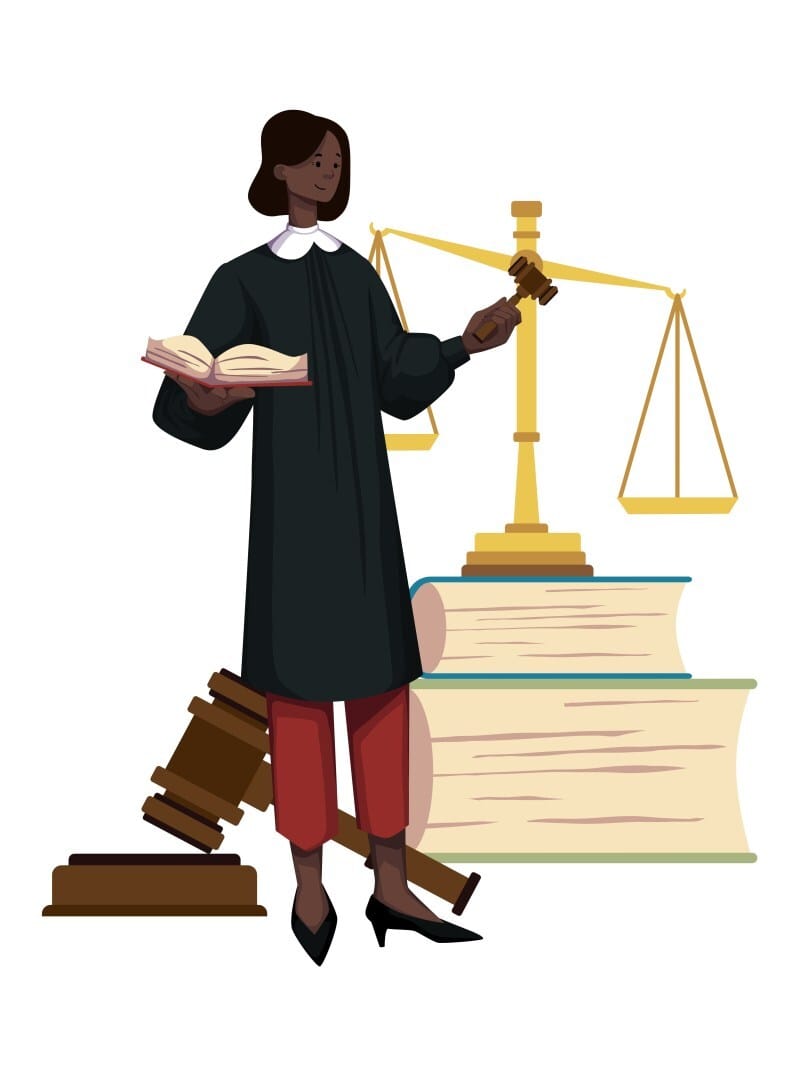According to Financial Sense, 32% of Americans have an estate plan in 2024, a 6% decline from 2023. This decline raises questions about why individuals are not interested in estate planning.
According to a probate and estate litigation lawyer in Boston, estate and probate litigation is a possibility when issues arise during an estate settlement. Knowing how probate and estate litigation lawyers could assist you in case of a dispute over a deceased loved one’s estate is necessary.
These attorneys will inform you of your legal rights and assist you through the legal process. They also take cases against will contests and the distribution of assets. How do they bring about a resolution and ensure proper representation?
Let’s examine the role that probate and estate litigation lawyers play in addressing issues surrounding estate matters.

Understanding the Role of a Probate and Estate Litigation Lawyer
Successful estate planning requires understanding the importance of having a probate and estate litigation lawyer.
The probate and estate litigation attorney will act as your advocate at every step of the process and inform you of the rights and obligations you have during the course of a dispute.
The attorney will review documents, collect evidence, and press your version of the story to its best advantage. You can relax and trust your lawyer to negotiate and appear before a judge if court proceedings are needed.
The support of the lawyer can empower you to seek your resolution confidently. They represent you, and you will never have to deal with this difficult process alone.

Common Types of Probate Disputes
Many causes of probate litigation exist, and you should be familiar with the details of the procedure.
Will contests frequently arise with contestants alleging undue influence or a lack of capacity to execute the will. Asset distribution is another common issue, particularly when the will itself is ambiguous or the family strife intensifies on account of the process.
An executor’s or trustee’s appointment can be challenged on grounds of mismanagement or bias. Disputes causing tension between siblings and heirs often arise regarding personal effects and sentimental issues.
Being aware of these disputes allows you to better prepare to face obstacles in the probate process.

The Process of Mediation and Resolution
The mediation process helps resolve probate conflicts through collaborative means. Upon appointment to the neutral panel, of which your parties represent a majority, open communication is fostered so that everyone can freely state their feelings and concerns.
The mediator will facilitate the expression of feelings and concerns so that there is understanding and cooperation during the process of consideration for solutions and compromises.
Such an approach fosters cooperation in the search for win-win solutions and agreements accommodating everyone’s interests. This way is best for every party’s interests in saving time and money, in keeping relationships, and for moving forward together as a family. Mediation seeks balance and is advantageous in resolving disputes.

The Importance of Legal Representation in Estate Matters
Why is it necessary to have an attorney represent you? Attorneys advise the clients in a complex structure surrounding disputes arising in probate and estate matters. One could even learn how the system works to avoid making a costly mistake. A lawyer advocating for your cause will see to it that your voice is acknowledged and respected.
Your lawyer will accompany you during negotiations or court, supporting and giving you a feeling of being understood. Once you place your trust in an expert, you should feel a sense of relief.
How to Choose the Right Lawyer for Your Case
Inquire from your friends or relatives with similar experiences if they have some recommendations so you can be certain that you will be hiring the right lawyer for your case.
Next, search for reviews to check what people say about your prospects. The lawyer should be an expert in probate and estate litigation, as this is paramount to your case.
In consultation, express your expectations and see how well the lawyer listens to you. Trust your instincts. Make yourself quite comfortable with your lawyer and let them know what your need is about.
Aside from that, think also of attorney fees. There are many variables that affect legal costs. For instance, how much does a probate lawyer cost in South Carolina? In South Carolina, probate lawyers charge between $150 and $400 on an hourly basis. The legal fees vary in other states, so one should pay attention to the location of the probate and estate litigation attorney they hire.
Investigate costs and demand a full breakdown of all fees. You could see that these steps are very useful since they will help you address matters with a legal professional.
The post How a Probate and Estate Litigation Lawyer Can Resolve Disputes appeared first on Moss and Fog.